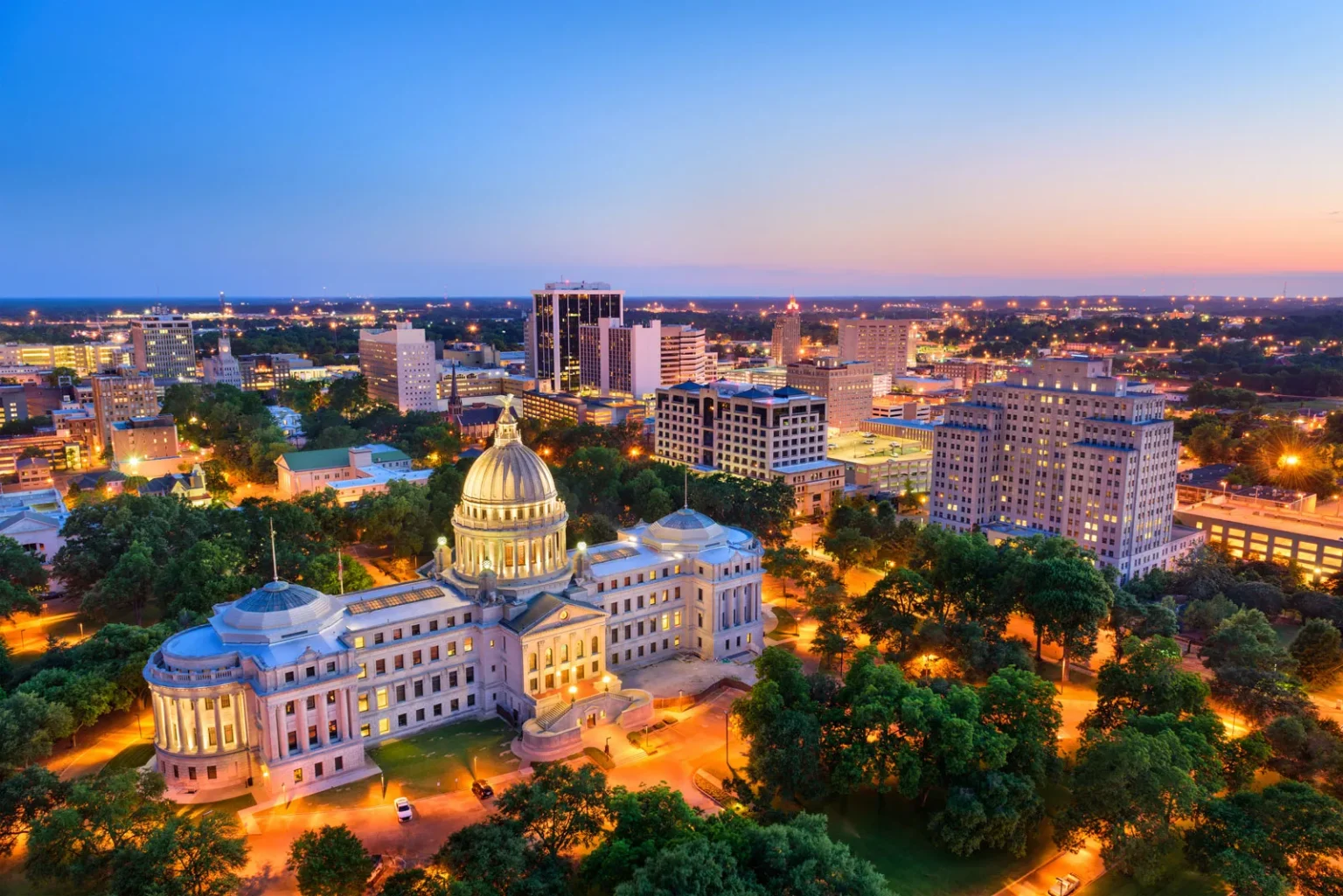When it comes to naming cities in the United States, history, culture, and influential figures play a major role. Two popular city names, Louis and Jackson, stand out for their prevalence and rich backstories. While they may seem like common names, they carry unique histories that have left a mark on American geography and identity. This article delves into the origins and significance of cities named Louis and Jackson, shedding light on why these names are widespread and what they signify.
The Origins of “Louis” as a City Name
The name “Louis” is deeply rooted European history, specifically tied French royalty. King Louis XVI and other monarchs of the same name left a lasting imprint on global history, and it’s no surprise that the name made its way into American culture. One of the most famous cities bearing the name is St. Louis, located in Missouri.
Founded in 1764, St. Louis was named after King Louis France, canonized saint. The city’s French heritage is evident not only in its name but also in its architecture, historical landmarks, and cultural practices. Situated on the Mississippi River, St. Louis quickly became a hub for trade and commerce, serving as the “Gateway to the West” during the westward expansion of the United States.
Apart from St. Louis, other American cities and towns have adopted the name Louis. The spread of this name across the country reflects the influence of French settlers and explorers in the early development of America. Cities like Louisville, Kentucky—named in honor of King Louis XVI for his support during the American Revolution—also showcase the significance of the Louis name in shaping American geography.
The Story Behind Cities Named “Jackson”
In contrast, the name “Jackson” has a distinctly American origin, most commonly associated with Andrew Jackson, the seventh President of the United States. His strong-willed personality and military prowess earned him widespread fame, making “Jackson” a favored name for towns and cities across the nation.
The most well-known city named Jackson is Jackson, Mississippi, which founded 1821 named honor of Andrew Jackson, recognizing military victory Battle Orleans. Jackson, MS, later became the state capital and played a pivotal role in the Civil Rights Movement, adding layers of political and social significance to the name.
Another prominent example is Jacksonville, Florida, established in 1822. Jacksonville, named after Andrew Jackson when he served first military governor of Florida, largest cities in the southeastern United States. Its growth from a small settlement to a bustling metropolitan area highlights the staying power of the Jackson name in American urban development.
Other Jackson cities and towns, from Jackson, Tennessee to Jackson, Michigan, also draw their inspiration from Andrew Jackson’s legacy. This widespread name symbolizes period American history where military leaders presidents were memorialized through city names, shaping narrative country’s growth expansion.
Cultural Impact and Geographic Distribution
The cultural impact of cities named Louis and Jackson is evident across the United States. While “Louis” reflects a connection to European, particularly French, history, “Jackson” epitomizes a distinctly American spirit rooted in the nation’s early history and identity.
Geographically, cities with these names are spread throughout country, showing specific concentration region. This wide distribution suggests that both names resonated with settlers and founders from different backgrounds, uniting them under a shared sense of admiration—whether for royalty, like Louis, or for American figures, like Jackson.
For SEO purposes, it’s interesting to note that searches for city names like “Louis” and “Jackson” often indicate a broader interest in local history, cultural heritage, and tourism. Travelers may seek information about visiting popular cities such as St. Louis or Jacksonville, while history enthusiasts might intrigued historical figures behind these names.
Why Do Some City Names Repeat Across the United States?
One question that often arises is: Why are certain city names, like Louis and Jackson, so commonly used across different states? The answer lies in the historical practice of naming towns and cities after revered individuals or symbolic names. During the 18th and 19th centuries, as America expanded westward, settlers named new towns after well-known figures to honor them and to lend prestige to the fledgling settlements.
The use of “Jackson” during the early 19th century surged due to Andrew Jackson’s popularity following his success as a general and his presidency. Similarly, the adoption of “Louis” linked influence of French explorers and settlers, particularly Mississippi Valley areas around Great Lakes.
Final Thoughts: Louis and Jackson as Timeless City Names
In essence, the prevalence of Louis and Jackson city names in the United States tells a story of cultural confluence, admiration for historical figures, and the importance of legacy in the naming of places. While the two names have different origins—one rooted in European royalty and the other in American military and political history—they both signify respect and admiration for those who shaped the course of history.
Whether you’re exploring Louisville, Jacksonville, or St. Louis, understanding the rich history behind these names adds depth to the experience. The cities named Louis and Jackson are more than just places on a map—they are living tributes to the people and histories that inspired their names. As you travel or research these cities, consider the legacy and stories embedded within their names, offering a glimpse into the past that continues to shape the present.
By diving into the histories behind these iconic city names, we not only appreciate the significance of Louis and Jackson but also gain a deeper understanding of how place names reflect the heritage and values of their time.

